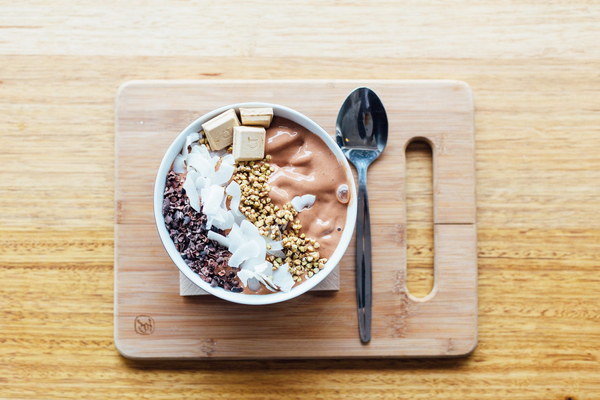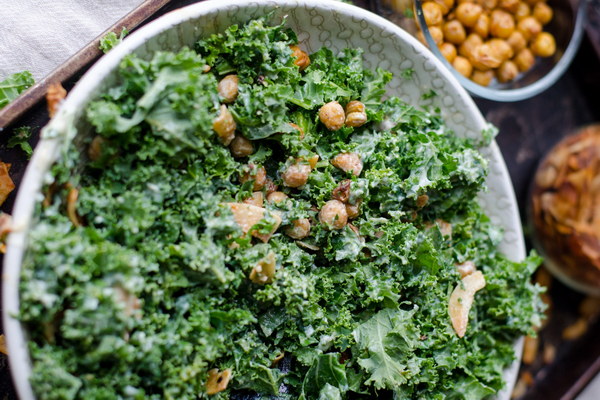Gut Health 101 A Visual Journey to Nourishing Your Stomach and Enhancing Wellbeing
Introduction:
The gut, often referred to as the second brain, plays a crucial role in our overall health and well-being. A healthy gut is not just about digestion; it's about the intricate balance of bacteria, enzymes, and nutrients that keep our bodies functioning optimally. In this visual guide, we'll explore the essentials of gut health, offering practical tips and insights into how you can nurture your stomach and improve your quality of life.
Visual 1: The Microbiome - Your Gut's Army
The first stop on our journey is the microbiome, the complex community of microorganisms living in our gut. This army of bacteria, viruses, fungi, and archaea helps us digest food, produce vitamins, and protect against harmful pathogens.
Image: A colorful illustration of various gut bacteria and microorganisms
Step 1: Feed Your Gut the Right Foods
A diet rich in fiber, probiotics, and prebiotics is essential for a healthy gut. Foods like yogurt, kefir, sauerkraut, kimchi, and whole grains can introduce beneficial bacteria into your system.
Image: A collage of gut-friendly foods including yogurt, sauerkraut, and whole grains
Step 2: Stay Hydrated
Water is the elixir of life and also essential for gut health. Adequate hydration helps maintain the integrity of the gut lining and keeps things moving along the digestive tract.
Image: A refreshing glass of water with a digestive tract illustration in the background
Visual 2: The Gut-Brain Connection
The gut and brain are closely linked, often referred to as the gut-brain axis. Stress, anxiety, and other mental health issues can impact your gut health, and vice versa.

Image: An illustration showing a brain and a stomach connected by a nerve pathway
Step 3: Manage Stress
Stress can lead to inflammation and disrupt the balance of gut bacteria. Techniques like mindfulness, meditation, and deep breathing can help keep stress at bay.
Image: A serene scene with a person practicing mindfulness, surrounded by calming elements
Step 4: Get Enough Sleep
Sleep is crucial for gut health. During sleep, the body repairs and regenerates itself, including the gut lining. Aim for 7-9 hours of quality sleep each night.
Image: A cozy bedroom with a person sleeping peacefully, surrounded by a healthy gut symbol
Visual 3: Movement and Exercise
Regular physical activity can boost gut health by increasing blood flow to the intestines and promoting the growth of beneficial bacteria.
Image: An active person jogging, with a digestive tract illustration highlighting the benefits
Step 5: Move Your Body
Engage in activities you enjoy, whether it's walking, cycling, yoga, or swimming. Even a 30-minute walk daily can make a significant difference.
Image: A person walking through a park, surrounded by greenery and a healthy gut symbol
Visual 4: Avoiding Harmful Foods and Habits
Certain foods and habits can harm your gut health. These include high-sugar, high-fat, and processed foods, as well as excessive alcohol consumption and smoking.
Image: An illustration showing unhealthy foods and habits being removed from the gut
Step 6: Be Mindful of What You Eat and Drink
Limit the intake of processed foods, sugary drinks, and excessive alcohol. Choose whole foods and stay hydrated with water and herbal teas.
Image: A healthy meal plate with a focus on vegetables, lean proteins, and whole grains
Conclusion:
Maintaining gut health is a journey that requires attention to diet, lifestyle, and mental well-being. By incorporating the tips outlined in this visual guide, you can nurture your gut and improve your overall health and happiness. Remember, a healthy gut is a happy gut!
Image: A vibrant, colorful illustration of a healthy gut, symbolizing well-being and vitality
This article provides a balanced and informative overview of gut health, incorporating visual elements to enhance engagement and understanding. The content is designed to be educational and actionable, offering readers practical steps to improve their gut health.









